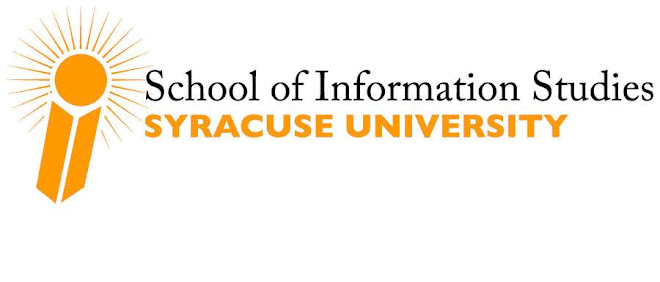In 2001, Microsoft launched Xbox Live, and gamers around the globe began building their own online community. By 2004, there were more than 2,000 members, mostly males. Or so we thought.
Christa Phillips (aka TriXie), community editor at Microsoft Corp.'s Xbox.com and author of the weekly "Community Confidential" column and TriXieblog.com, said women have always been there. Maybe in small numbers, and usually very discreet, sometimes adopting gender neutral names or masculine names, but there nonetheless.
As the number of members grew, female gamers started banding together, creating mini sororities online. Unfortunately, they also started getting catty and elitist with each other. Phillips saw this downward trend, and stepped in to change the culture for female gamers. She and two other female gamers formed gamerchiX--an open and supportive online community for female gamers. They created a gamerchiX "manifesta" that outlined a code of conduct to ensure a welcoming and safe environment for all female gamers.
Phillips, who called herself the "cruise director" of Xbox live, spends much of her time working on building communities of gamers, tending to their needs, and resolving problems between gamers or small communities of gamers. In the process, she's identified some unique characteristics between female and male gamers.
Some of those differences include:
--Women tend to gravitate toward more collaborative, team-based games.
--Women tend to be more supportive to new gamers and teach these gamers the ropes by walking them through various games
--Women use a variety of consoles (Xbox 360, PlayStation3, Wii, etc.) and accept gamers from other console traditions
Phillips is hoping to encourage the number and involvement in female gamers in the Xbox environment. She currently has 4,500 gamerchiX members who range in age from 4 to 85. She alluded to studies that show gamers are more likely to stay interested in math and science, and so she hopes the young female gamers will remain interested in science, technology, and math and feel empowered to become game developers or other professionals in the gaming industry. Females only make up 12 percent of the gaming industry, as Phillips can attest to as she's often the only female in the room at work.
Phillips also tries to recruit new members and retain current gamers through a variety of special online events such as Family Game Night, gamerchiX Ladies' Night, Xbox All Nighter, Game with Fame, and Game with Developer.
"These get great response from gamers," she said. "Being able to play and possibly beat the game developer is like winning an Oscar for these people."

